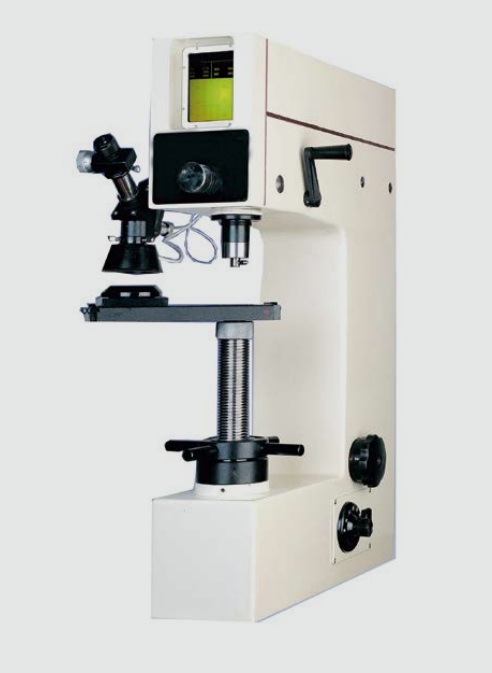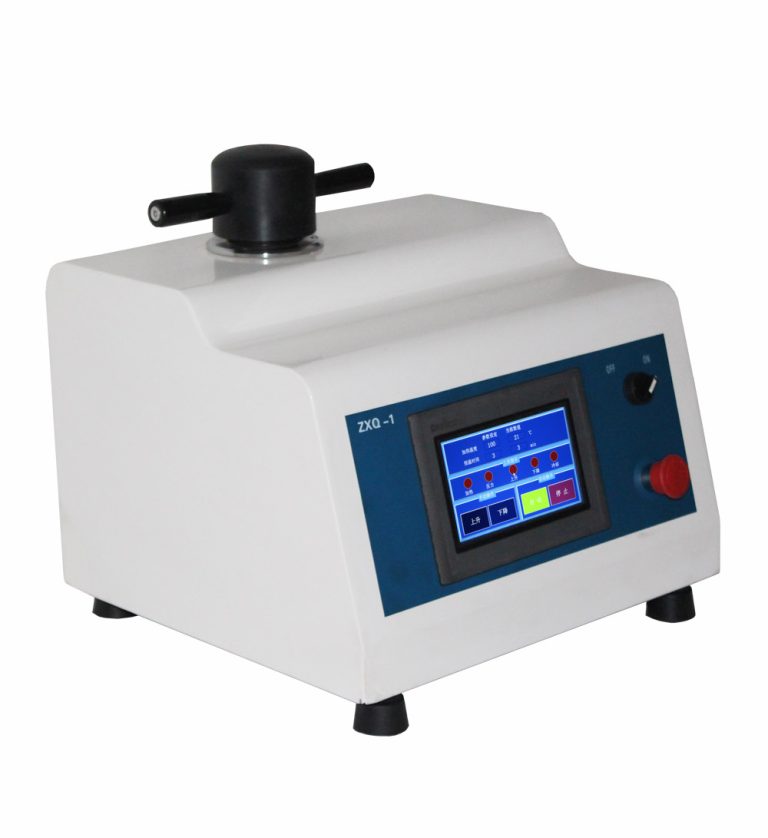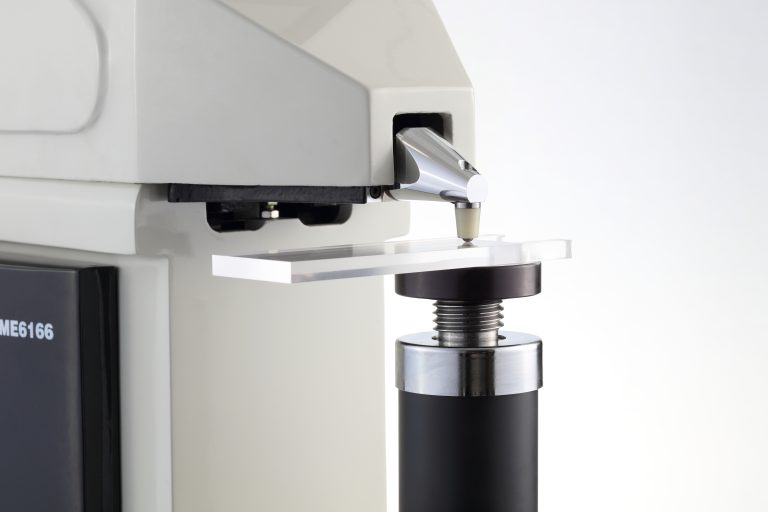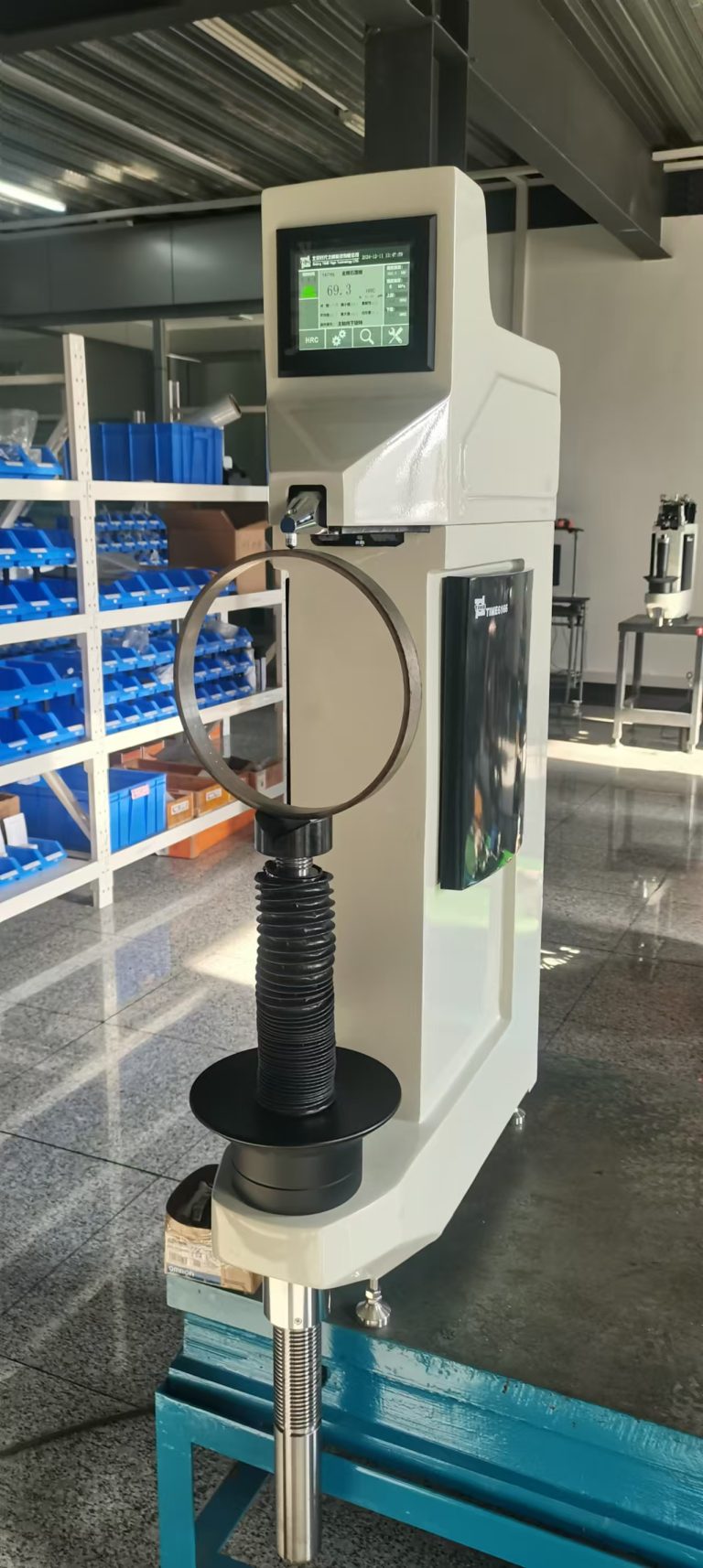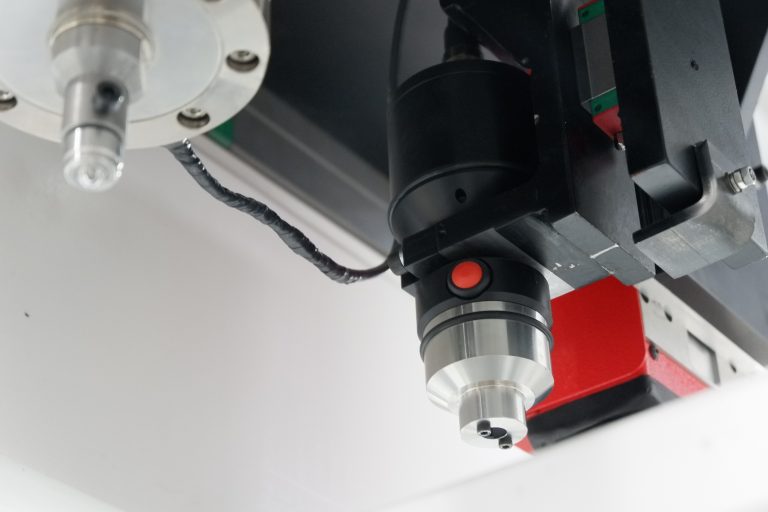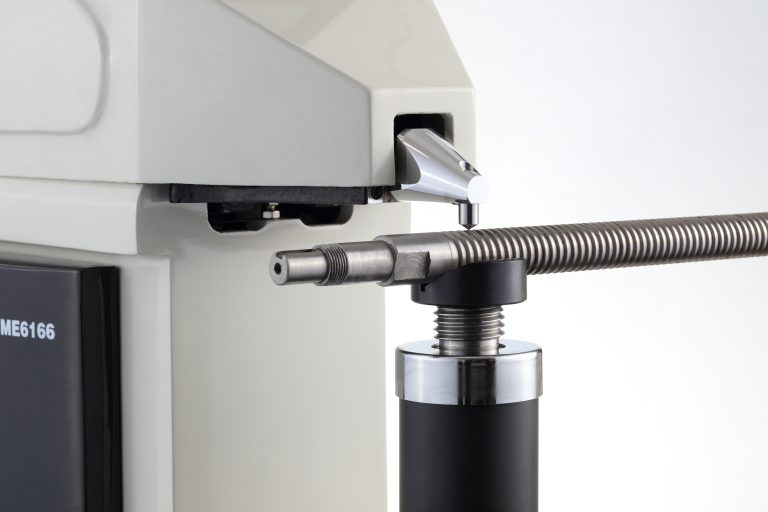When it comes to selecting a universal testing machine, there are several key factors to consider in order to ensure that you are getting the right equipment for your needs.
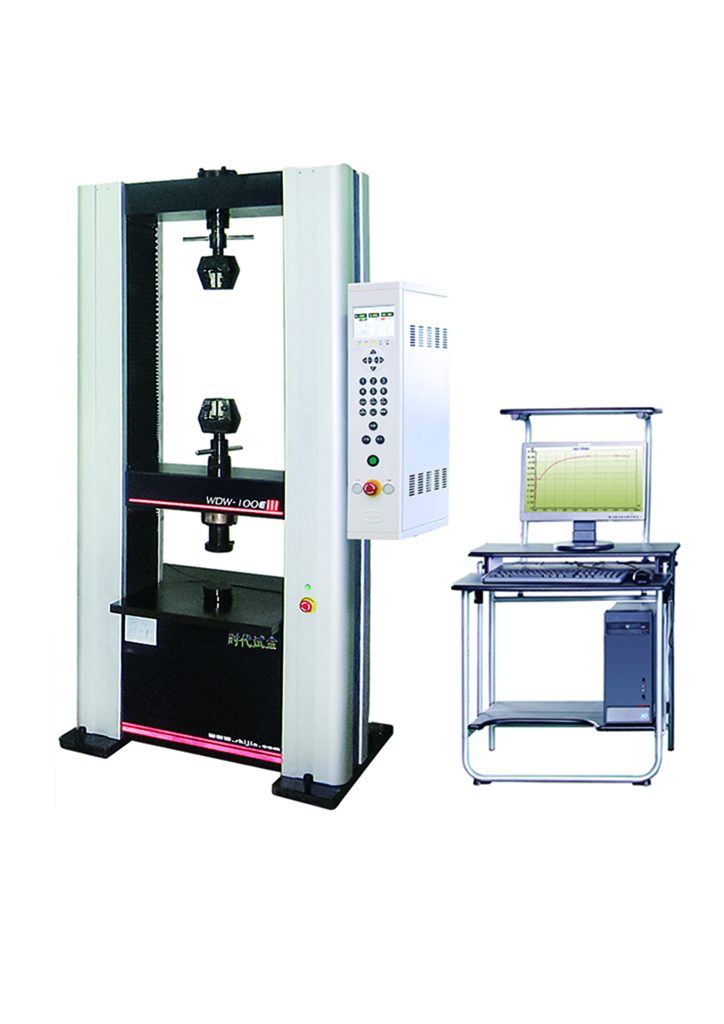
First and foremost, it is important to determine the type of materials that you will be testing with the machine. Different universal testing machines are designed to test various materials, such as metals, plastics, rubber, and composites. Make sure to choose a machine that is compatible with the materials you will be working with.
Additionally, consider the capacity and capabilities of the machine. Universal testing machines come in a range of sizes and capacities, so it is important to choose a machine that can handle the load and size of the samples you will be testing.
Another important factor to consider is the testing speed and accuracy of the machine. Some universal testing machines are able to perform tests at high speeds, while others offer more precise measurements. Depending on your testing requirements, you may need a machine that prioritizes speed or accuracy.
Lastly, consider the software and data analysis capabilities of the machine. Make sure that the machine you choose comes with user-friendly software that allows you to easily analyze and interpret your test results.
Selecting a universal testing machine requires careful consideration of the materials you will be testing, the capacity and capabilities of the machine, the testing speed and accuracy, and the software and data analysis capabilities. By taking these factors into account, you can choose a machine that meets your testing needs and helps you achieve accurate and reliable results.

